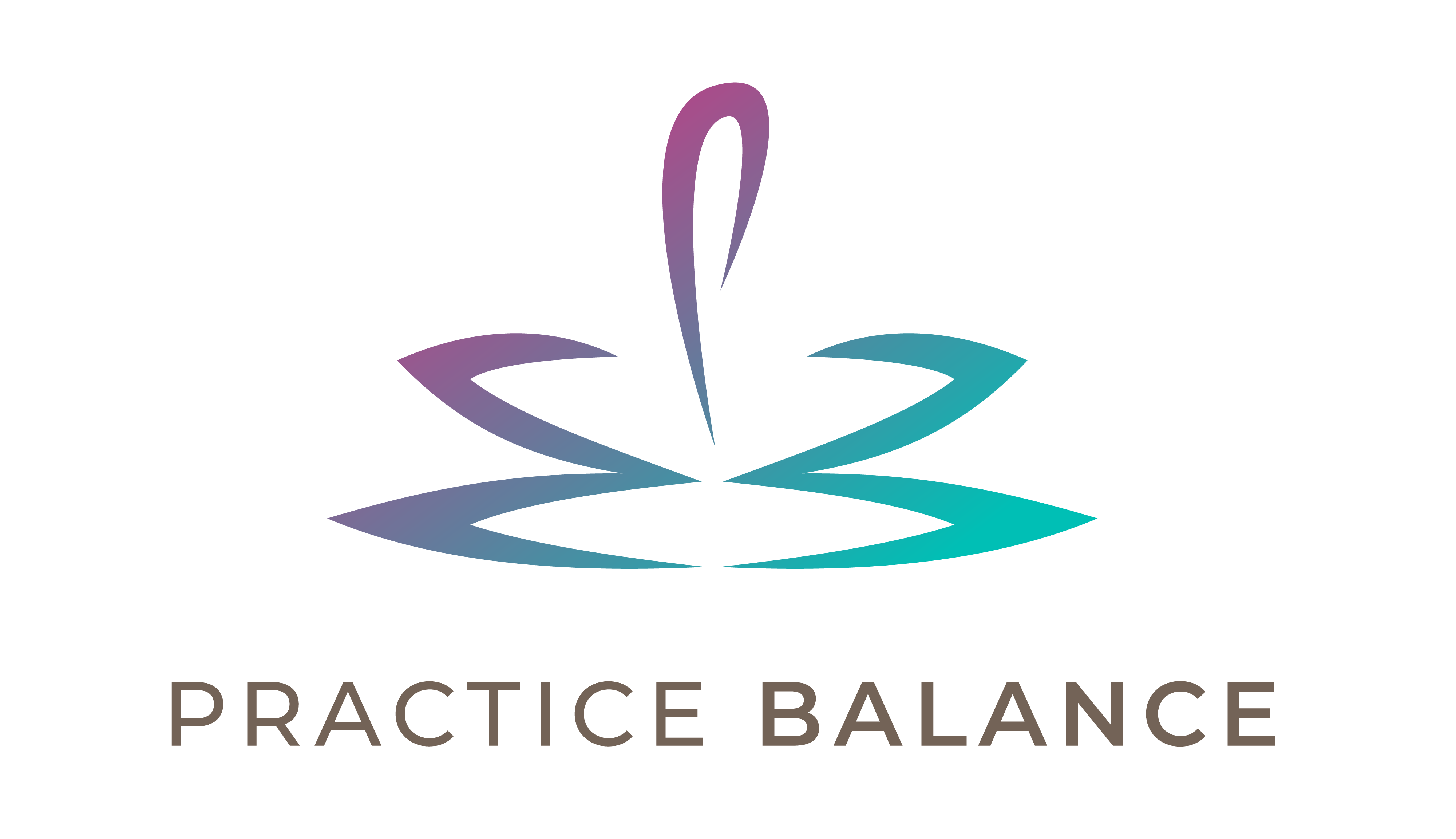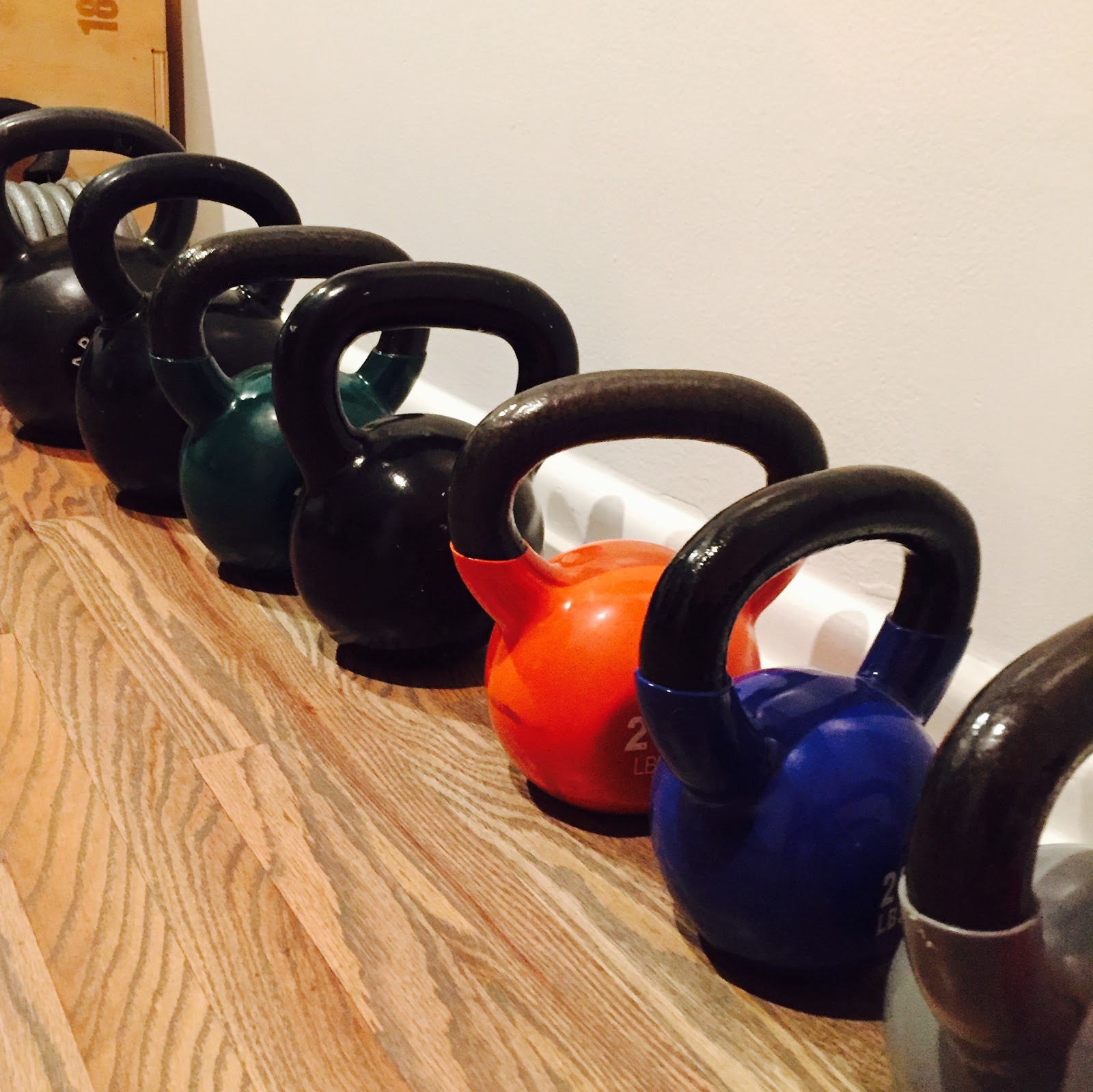
On a recent busy morning, I was packing lunches and gear to spend a half-day at the climbing gym on the other side of town, all while getting myself dressed, scrolling through my email, eating an avocado and drinking coffee. Suddenly she became fussy and restless, signaling that we need to get going pronto. A jumbled mess in multitasking mode, I became frustrated with everyone and everything. He and I blew up at each other, arguing over his perception of my lack of preparations and my perception of his lack of participation in said preparations. Voices were raised, and she continued to cry. In my usual defensive fashion, I remarked, “Well everything was going fine until….”
Yes, everything was fine, until it wasn’t. It’s like claiming I was “on time” to be somewhere, until I got stuck in a traffic jam. It’s like someone complaining that they had enough money in the bank until an unforeseen expense occurred. It’s living on the edge, and the excuses don’t mean anything. At the time of this argument, my emotional bank account was almost bankrupt. An upset baby, disgusted husband, misinterpreted feelings and too long of a to-do list tipped me right into the red zone. This has been happening too frequently lately.
What does emotional bankruptcy look like? Overwhelm with a film of denial on top of that overwhelm. Seeing things as happening to me, instead of knowing that I am in control of my thoughts and actions. Feeling like a victim. Seeing everything in a negative light. It leads me into a self-imposed vortex of helplessness and lack of control. What does an abundant emotional bank account look like? Similar to a financial bank account, it provides resiliency and grace in moments of difficulty. A full bank account turns bumps in the road into opportunities for learning rather than catastrophes. It makes a little space for handling conflicts.
We all have a finite amount of emotional “funds”. Just like with monetary bank accounts, the balance will fluctuate, growing and dwindling even on a day to day basis. What we want to avoid is what I recently heard Gretchen Rubin term “falling into empty”. Of course, we all have bad days, but if you feel like you’re constantly teetering on the edge of a blowup or a breakdown, some self-reflection may be in order.
A big source of withdrawal from my emotional bank account is my habit of making endless task lists. I often have many of them going at once, with different themes and time courses for completion. Constantly seeing them sitting on the counter is a reminder of all the things I “should” be doing, which contributes greatly to feeling overwhelmed at any given time. Although I don’t think I’m ready to give up my lists completely, I’m working with a list app and using my calendar to try to streamline the list-making. With an electronic list, I have to choose to look at it instead of it constantly staring at me.
Certain feelings fuel my withdrawals, particularly comparison, resentment, and the strong desire to avoid conflict. Overt comparison to friends and coworkers is something I’ve tried to avoid, but it’s easy to fall prey to subconscious comparison with social media. Parenting provides endless fodder for not only comparison (to other parents, between spouses, to your own parents) but also resentment (over shared household duties, losing one’s identities, etc.) As an introvert, I also know that conflicts inherently drain my energy. I avoid them at all costs, but oftentimes holding my tongue until a later time for the sake of conflict avoidance is counter-productive.
Self-care is the essence of making deposits to an emotional bank account. For me, this means cultivating more alone time, even in short quantities. It means quiet time for reflection. I haven’t found a formal meditation practice that I like or can stick to, so I tend to do it by spending silent time in the car on the way to work or the gym. Sometimes before I go pick her up at school, I take a short walk before pulling into the parking lot. I set a reminder to journal even just one sentence every day. Most commonly, I make the theme gratitude (the opposite of resentment) or identification of feelings. And I’ve instituted a social media “fast” one day per week.
The rest of that day was just as bumpy as the beginning. We came home to a dog-induced explosion of the kitchen garbage can, I had braved the Saturday afternoon crowds at Costco to get diapers, and after I got home and unpacked the entire box, I realized I had purchased the wrong size. The laundry from the morning was still sitting limp and soggy in the washer. After dinner, I asked him to watch her while I frantically made her bed, lest the bedtime routine be anything less than seamless later on. I heard her in the living room, chanting a line from her favorite show, Elmo’s World: Play Ball!. “Tellys don’t bounce. Tellys don’t bounce.” She said it over and over. Then I heard him chime in with his smooth, deep voice: “Unless they’re on a pogo stick.” My heart melted, and that moment of gratitude tipped my emotional bank account way into the black again.


 Doing Hard Things
Doing Hard Things

Great post and something I think all of us as parents can relate to. It is easy to see the bad and you have to make an effort to find the greatness in life and relationships. Actively seek and find the good, even if it is just saying I'm sorry, I understand and that must be hard, or just biting ones tongue works for me a lot of the time.
Haha Mark, glad to hear I’m not alone! Thinking positively is key.
I hope that as you are working on building your emotional bank account you are also getting adequate support from your husband. Reading your post made me think of this cartoon: https://english.emmaclit.com/2017/05/20/you-shouldve-asked/
(Not that I'm judging your relationship in any way! I obviously have no idea what your reality is like.)
I have seen that cartoon before! It’s definitely true to life in my experience. My husband is a huge support system for me, but we definitely think very differently.